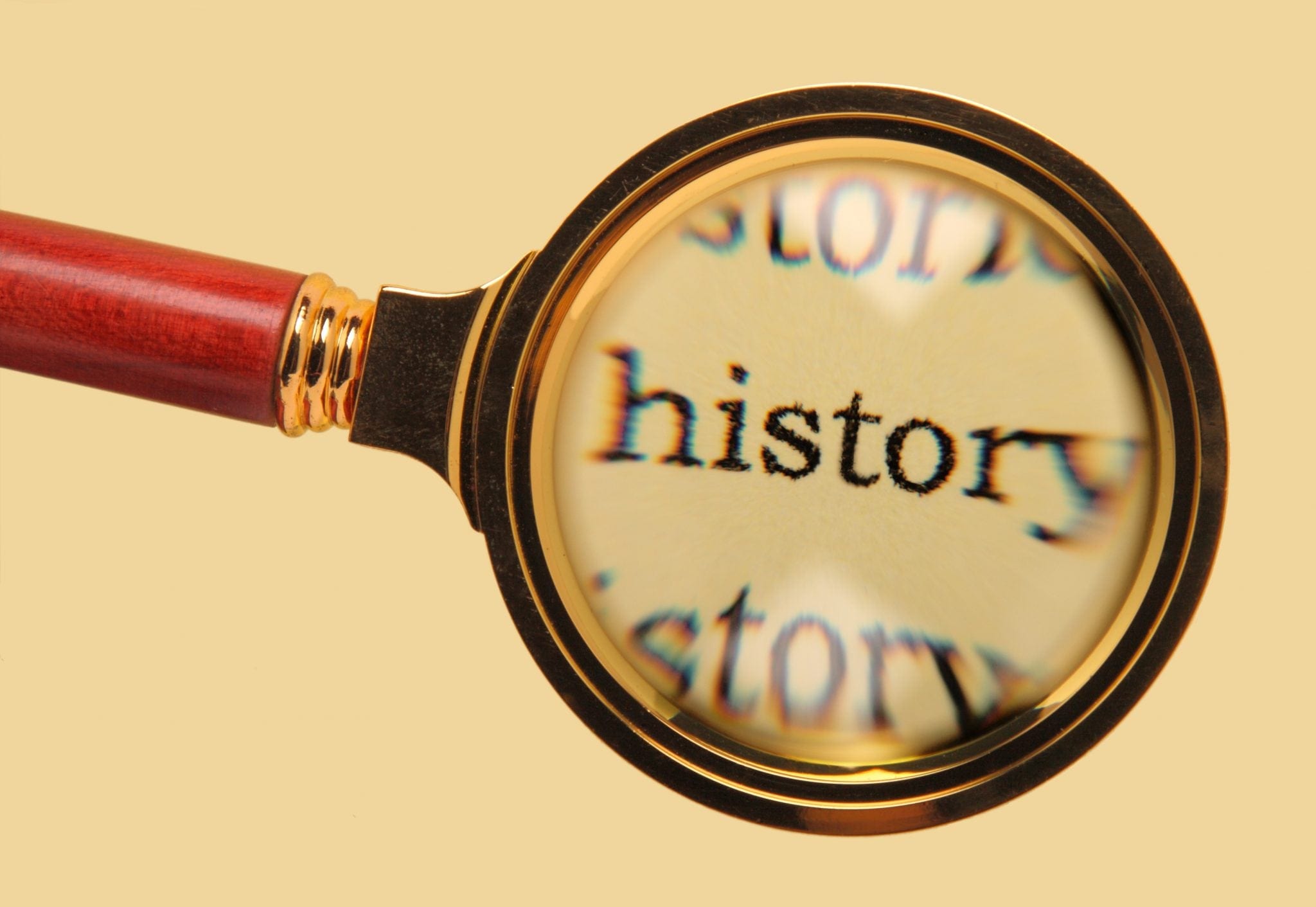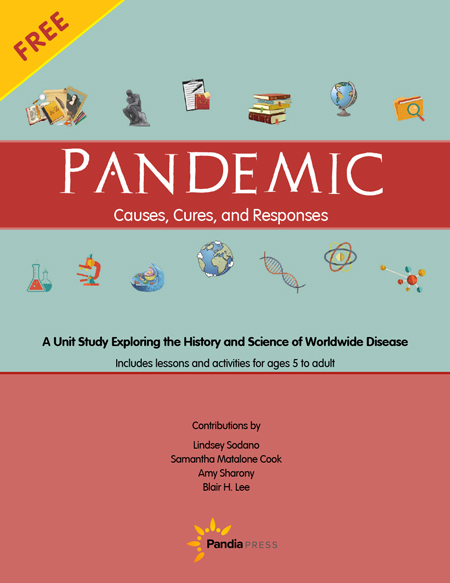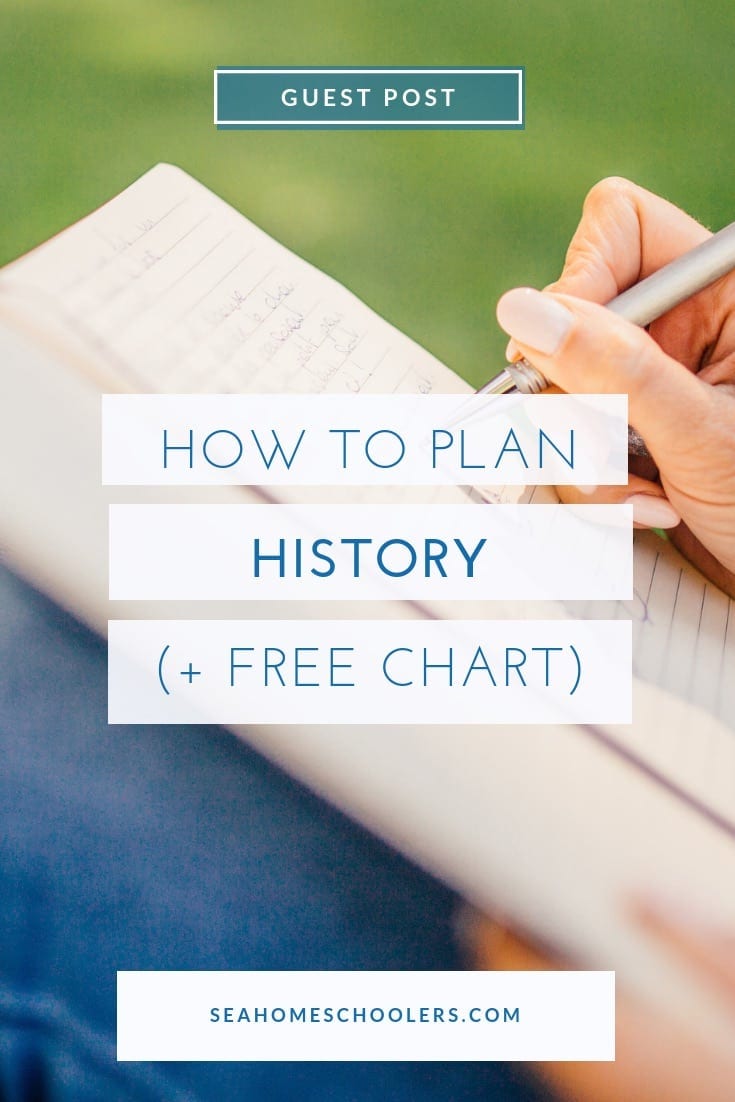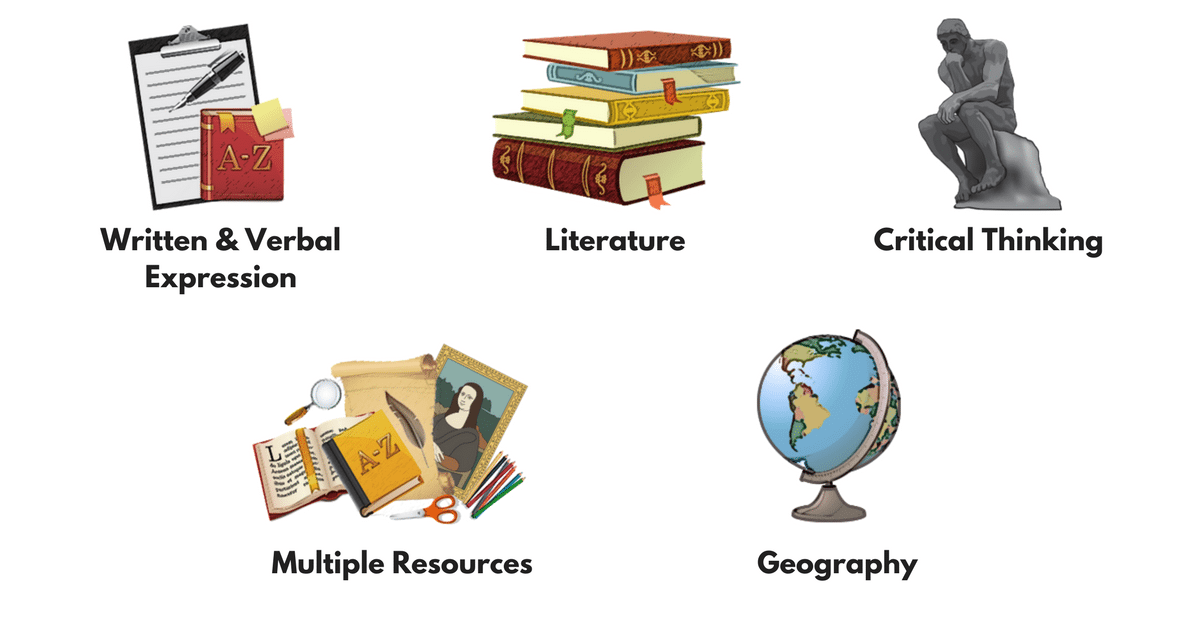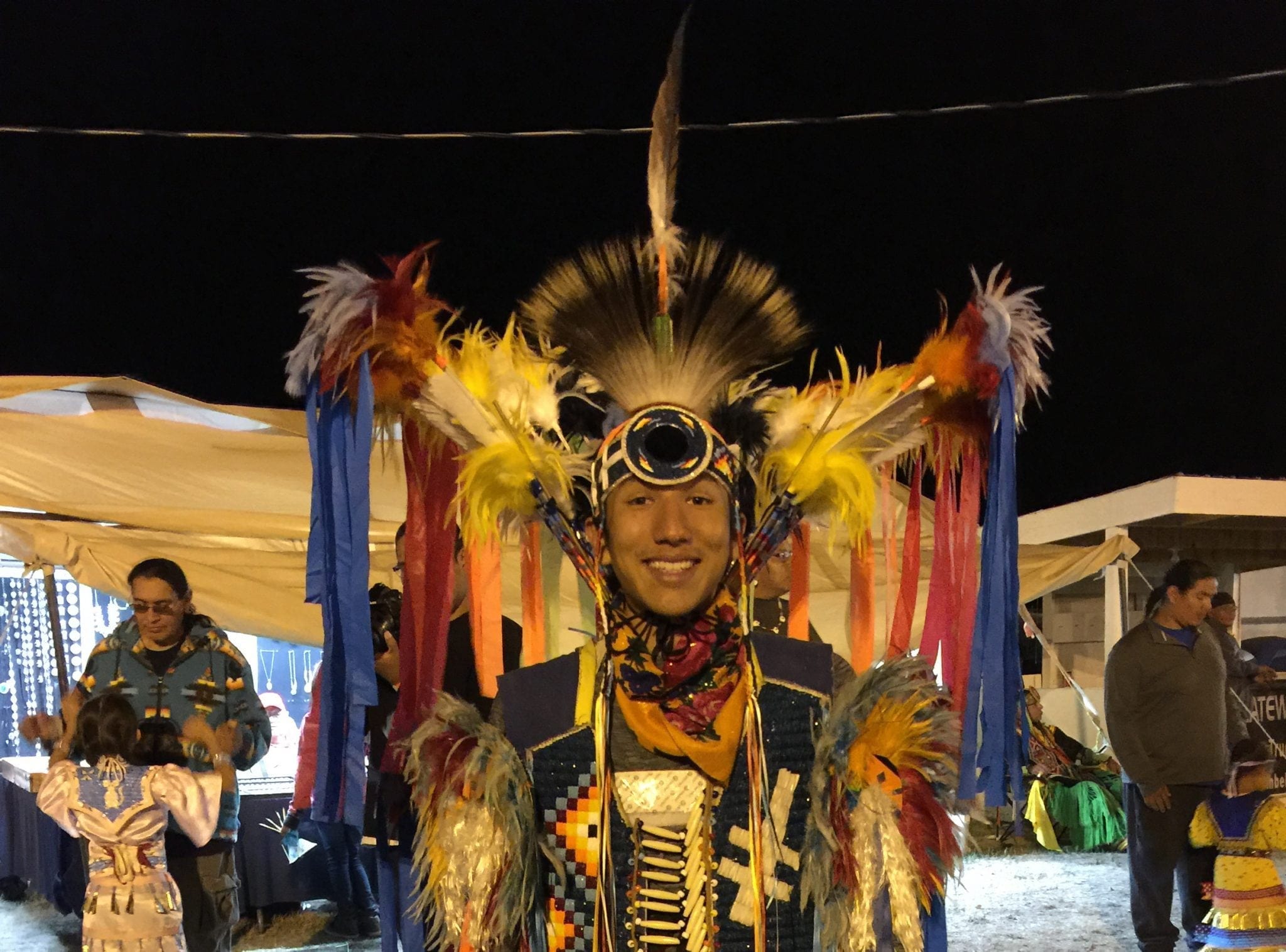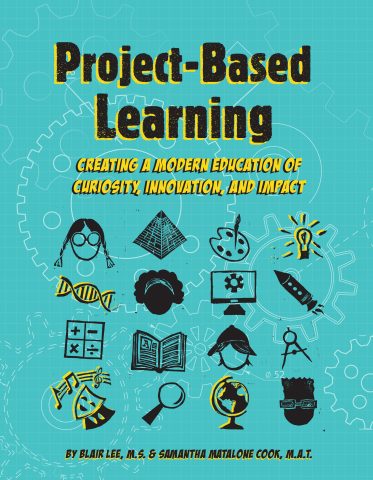Are you thinking about how to approach history in your homeschool? Particularly if you are just starting out, it can seem like there are too many choices. Should you start with American history, or...
Why Study History?
Why Study History? History is our story, the record of our triumphs and tragedies. Without history, everything is new and surprising; history does not predict the future, but it narrows the...
The Homeschool History Project: American Government
The Home School History Project: American Government “Those who cannot remember the past are condemned to repeat it.” George Santayana I interpret this quote to mean that through studying history...
Handcrafting High School: Year 1, The First Four Months: History
History: A Repeat of a Favorite Class and Volunteering The Course: A Brief History of Humankind: This is a Coursera course, , that repeats regularly. It is the best history course I have ever taken...

